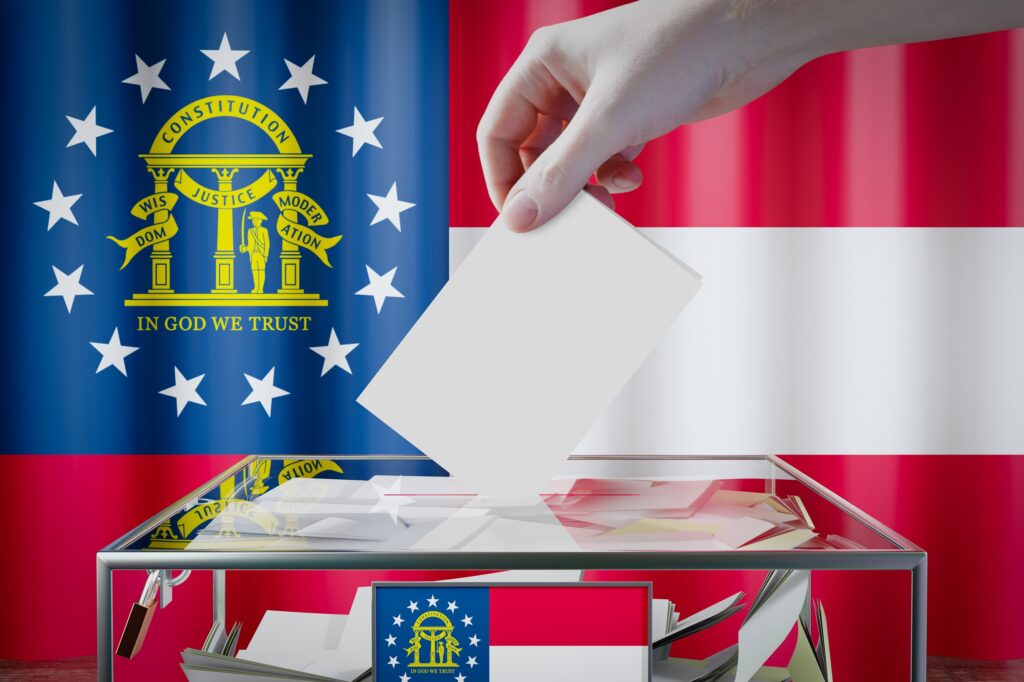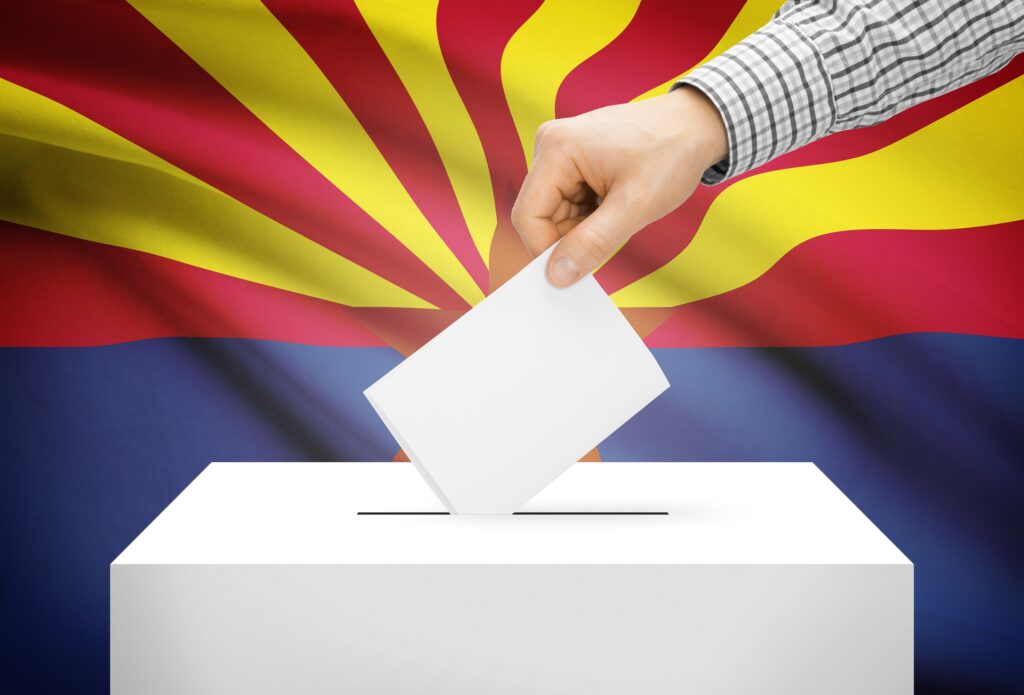Cannabis legalization can enhance public safety
July 13, 2022
Authors
Jillian Snider
Resident Senior Fellow, Criminal Justice and Civil Liberties
Christi Smith
Resident Senior Fellow, Criminal Justice and Civil Liberties
Shanita Penny
Director, CPEAR Center of Excellence
Key Points
Media Contact
For general and media inquiries and to book our experts, please contact: pr@rstreet.org
Summary
Read the full study here.












